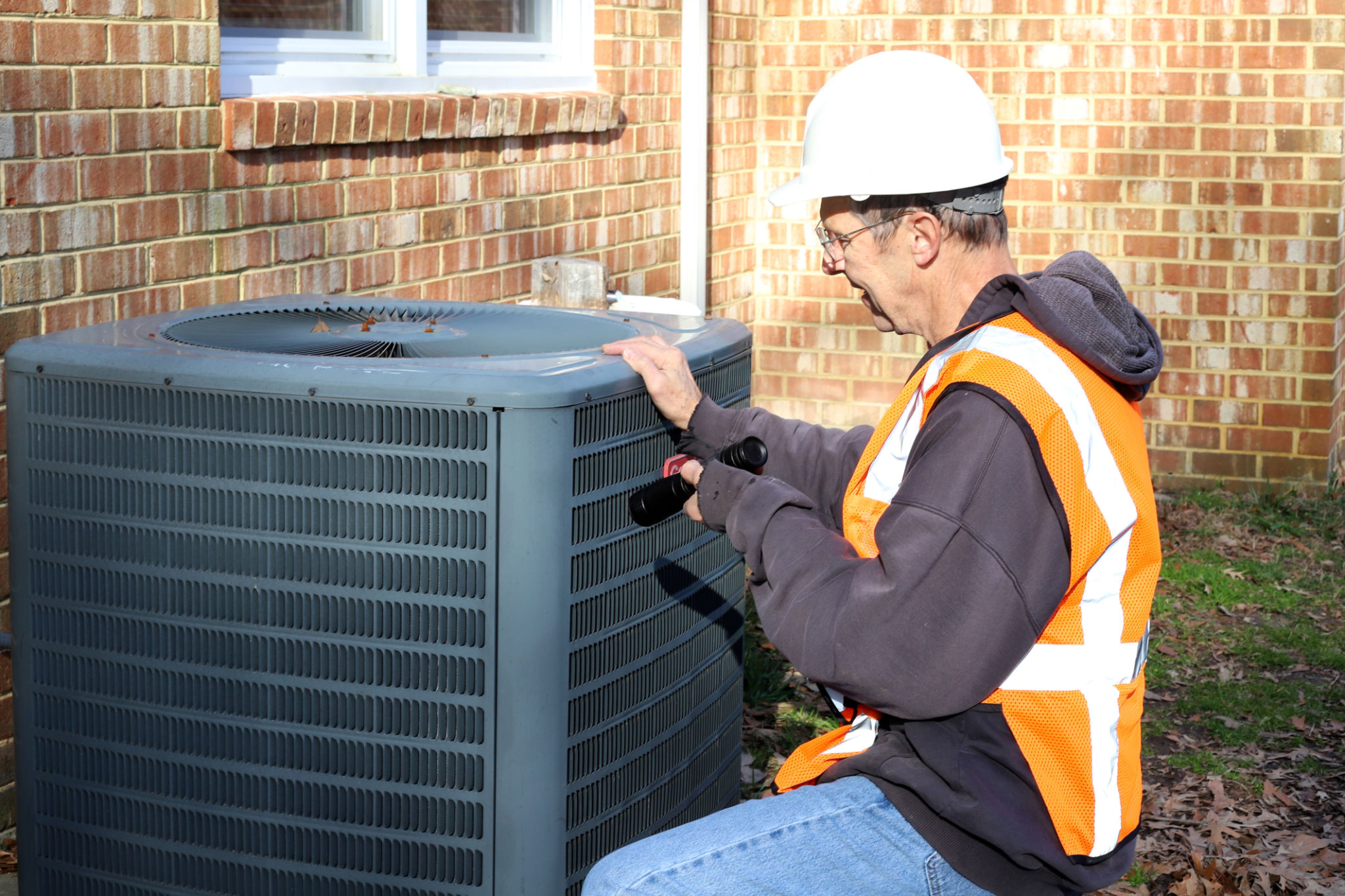Navigating HVAC Regulations in Pennsylvania: What Homeowners Need to Know
As the seasons change, the importance of a well-functioning HVAC system in your Pennsylvania home becomes increasingly apparent. However, maintaining your system isn't just about comfort; it's about adhering to state-specific regulations that ensure safety and efficiency. Understanding these regulations can save you time, money, and potential legal headaches.

Understanding Pennsylvania HVAC Regulations
Pennsylvania, like many states, has specific codes and regulations governing the installation and maintenance of HVAC systems. These regulations are designed to ensure safety and efficiency, protecting both homeowners and the environment. The Pennsylvania Uniform Construction Code (UCC) is the primary set of rules and guidelines for building projects, including HVAC systems.
Homeowners need to be aware that all HVAC installations and major repairs must comply with these codes. This means hiring licensed contractors who understand and follow these regulations. Failure to comply can result in fines or having to redo work at your own expense.
Licensing Requirements
One of the first things homeowners should verify when hiring an HVAC professional is their licensing status. In Pennsylvania, contractors must hold a valid license to perform any HVAC-related work. This licensing ensures that the contractor has the necessary training and knowledge to adhere to state codes and regulations.

It’s also advisable to check for insurance coverage. A licensed and insured contractor not only meets state requirements but also provides peace of mind in case of any mishaps during installation or repair.
Permits and Inspections
Before any substantial HVAC work begins, a permit may be required. Permits ensure that the work meets local building codes and standards. Homeowners should check with their local municipality to determine what permits are necessary for their specific project.
Once the work is completed, an inspection may be needed to ensure everything was done correctly. Inspections are typically carried out by a local code official who will verify that the work complies with all applicable regulations. Passing this inspection is crucial for legal compliance and the long-term functionality of your system.

Energy Efficiency Standards
Energy efficiency is a significant focus of Pennsylvania's HVAC regulations. The state encourages homeowners to install energy-efficient systems that reduce environmental impact and save on utility bills. Systems must meet the minimum efficiency standards set by the UCC, which often align with federal guidelines.
Investing in a high-efficiency HVAC system can result in substantial savings over time. Many utility companies offer rebates for upgrading to energy-efficient systems, making it financially beneficial as well as environmentally responsible.
Staying Updated
The world of HVAC regulations is not static. Codes and standards can change as new technologies emerge and environmental policies evolve. Homeowners should keep informed about any updates or changes to state regulations by consulting with their contractor or local government resources.
By staying proactive and informed, Pennsylvania homeowners can ensure their HVAC systems are not only effective but also compliant with all necessary regulations.
